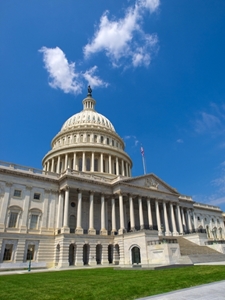
The individual mandate component of the Patient Protection and Affordable Care Act goes into effect Jan. 1, 2014, requiring all adults to have a health plan in place. However, if the government were to delay this provision similar to how they postponed the employee benefits mandate, it could save taxpayers upwards of $35 billion.
That's according to a recent analysis performed by the nonpartisan Congressional Budget Office. After the White House decided to put off enforcing the portion of the law requiring employers to provide "affordable" health coverage to their workers, the House of Representatives adopted a bill known as H.R. 2668. Based on the analysis performed by the CBO and Joint Committee on Taxation, delaying the individual mandate by one full year – which is the essence of the legislation – would reduce federal spending by more than $35 billion over four years.
The International Foundation of Employee Benefit Plans recently performed an analysis of how the ACA would impact healthcare costs for business owners that provide coverage for their workers. About one in seven – 14 percent – said that they likely wouldn't see any change in their cost trends. However, 5 percent of medium and large employers said their expenses would likely increase. An additional 15 percent of small business owners said they would experience a price hike as well.
Julie Stich, research director for the International Foundation, indicated that approximately 70 percent of all U.S. employers offer some type of wellness program as part of their benefit packages to their workers. More companies may implement them as a means of cutting back on healthcare costs.





